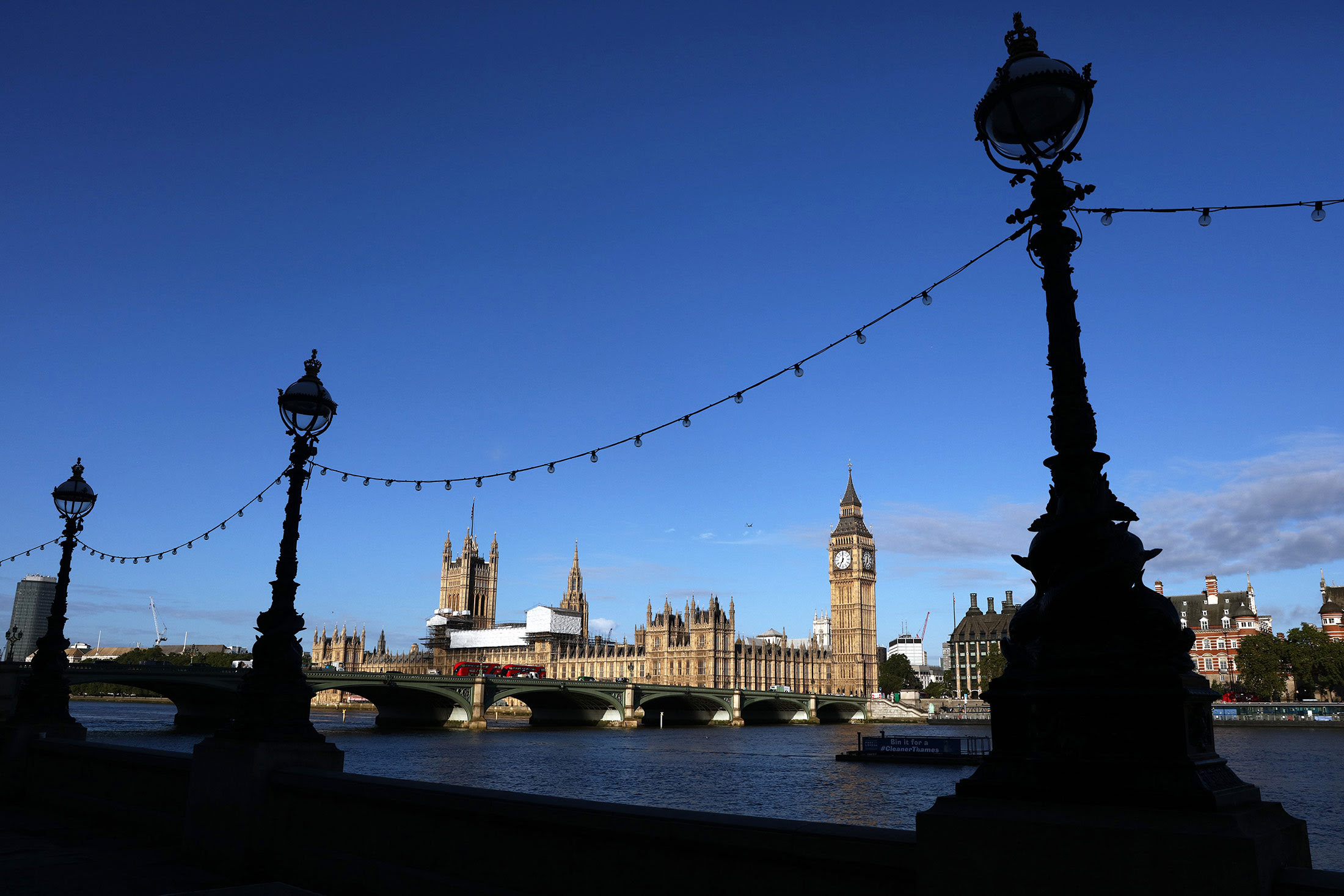London Should Strike Its Own Deal On EU Immigration Post-Brexit.....
London should be allowed to strike an EU immigration deal of its own post-Brexit in a bid to prevent a “catastrophic” impact on the city’s economy, a major report has suggested.
Britain’s decision to leave the EU presents the capital with “big challenges” that are “different both in degree and character” than other UK cities, the Centre For London said in its Open City report. London should be allowed to strike an EU immigration deal of its own post-Brexit in a bid to prevent a “catastrophic” impact on the city’s economy, a major report has suggested.
It cites research which suggests a “catastrophic” ‘hard Brexit’ could force the loss of 35,000 financial jobs and around 35,000 additional jobs in related sectors in London. “These figures assume we are left with nothing but the World Trade Organisation rules,” Richard Brown, one of the report’s authors told HuffPost UK. “I think on the upside, however, Europe depends on London as much as London depends on Europe.”
It cites research which suggests a “catastrophic” ‘hard Brexit’ could force the loss of 35,000 financial jobs and around 35,000 additional jobs in related sectors in London. “These figures assume we are left with nothing but the World Trade Organisation rules,” Richard Brown, one of the report’s authors told HuffPost UK. “I think on the upside, however, Europe depends on London as much as London depends on Europe.”
“There should be common interest in achieving a deal,” he added. “But the challenge is how quickly things can be put in place - which is why we are advocating a robust transition to prevent things falling off a cliff edge.” Brown said that there were three main reasons London should, for example, seek special arrangements on immigration. “Firstly, London is much more dependent on European workers, those working in cafes and working in banks, than any other region in the UK. It’s around 13 percent for London and around six percent for other regions.
“Secondly, London voted the highest proportion for Remain than any other region.
“And thirdly, London has generally been very relaxed about immigration, according to opinion polls. “So we thought, can we square the circle between what London needs to keep its economy going and allow the rest of the UK to have its views of the EU?”
Can we square the circle between what London needs to keep its economy going and allow the rest of the UK to have its views of the EU? The example of Canada, which has some regional differences in immigration controls, could provide a blueprint for Britain. “We might see something more open - so for younger Europeans, they are allowed to come over and spend a few years and pick up jobs while they are here,” Brown added.
“For those who are older, we suggest they can be allowed to come over for up to one year to find work, the current limit is six months, and if they don’t they can go back to their country.
“And then we suggest the use of post-study visas for graduates to work in London’s economy after university. And these visas would restrict workers to London through the national insurance system. “Other bodies are saying a similar system may work for other regions too, tailored to needs.”
Brown said that big cities could work together to broker measures that work for their own economic plans, amid fears London may be seen as attempting to “break away” from the UK post-Brexit in seeking special deals.
“We think all of the big cities have got shared interests, lots of students, service sector economies, and all have big airports. There’s a lot in common there and a new generation of city leaders are coming through. But not all their needs are the same,” he said.
Sky News reported earlier that the head of the City watchdog, the Financial Conduct Authority, told bankers that it was preparing for “the hardest of hard Brexits”.
On Wednesday, French Prime Minister Edouard Philippe welcomed London’s financiers to Paris in a speech to an economic forum.
“Secondly, London voted the highest proportion for Remain than any other region.
“And thirdly, London has generally been very relaxed about immigration, according to opinion polls. “So we thought, can we square the circle between what London needs to keep its economy going and allow the rest of the UK to have its views of the EU?”
Can we square the circle between what London needs to keep its economy going and allow the rest of the UK to have its views of the EU? The example of Canada, which has some regional differences in immigration controls, could provide a blueprint for Britain. “We might see something more open - so for younger Europeans, they are allowed to come over and spend a few years and pick up jobs while they are here,” Brown added.
“For those who are older, we suggest they can be allowed to come over for up to one year to find work, the current limit is six months, and if they don’t they can go back to their country.
“And then we suggest the use of post-study visas for graduates to work in London’s economy after university. And these visas would restrict workers to London through the national insurance system. “Other bodies are saying a similar system may work for other regions too, tailored to needs.”
Brown said that big cities could work together to broker measures that work for their own economic plans, amid fears London may be seen as attempting to “break away” from the UK post-Brexit in seeking special deals.
“We think all of the big cities have got shared interests, lots of students, service sector economies, and all have big airports. There’s a lot in common there and a new generation of city leaders are coming through. But not all their needs are the same,” he said.
Sky News reported earlier that the head of the City watchdog, the Financial Conduct Authority, told bankers that it was preparing for “the hardest of hard Brexits”.
On Wednesday, French Prime Minister Edouard Philippe welcomed London’s financiers to Paris in a speech to an economic forum.



Comentarios
Publicar un comentario